I’ve lost track of how many times I’ve rowed, paddled, or motored the Sammamish Slough. It’s not my closest launching ramp—it’s a half-hour drive from my Seattle home—but the slough is well protected from wind and never stirred up by powerboat wakes. I can always get a good workout by kayaking 5 miles upstream to a gravel bar where I have to turn around and paddle back. Last summer, I did that out-and-back two or three times a week.
A few days ago, I needed to take a long-overdue break from all the things I had yet to do, not only for work, but also around the house. I was tempted to take a nap, as I had been doing with increasing frequency, but that never seemed to put me back to rights. Exercise is usually a good remedy, but I was finding it difficult to muster any enthusiasm even for my favorite workout, paddling the slough. I’d seen it all so many times that I could visualize what lies on the banks of every bend. I balked at going to all the trouble of gathering my gear, changing my clothes, loading the kayak, and making the drive to the launching site. I didn’t have it in me to paddle my usual 10 miles, but I knew I’d be worse off if I gave up entirely and stayed home.
I loaded my lapstrake canoe and, along with the usual boating gear, brought a sleeping pad, two pillows, and my cagoule, thinking I’d take a nap on board.
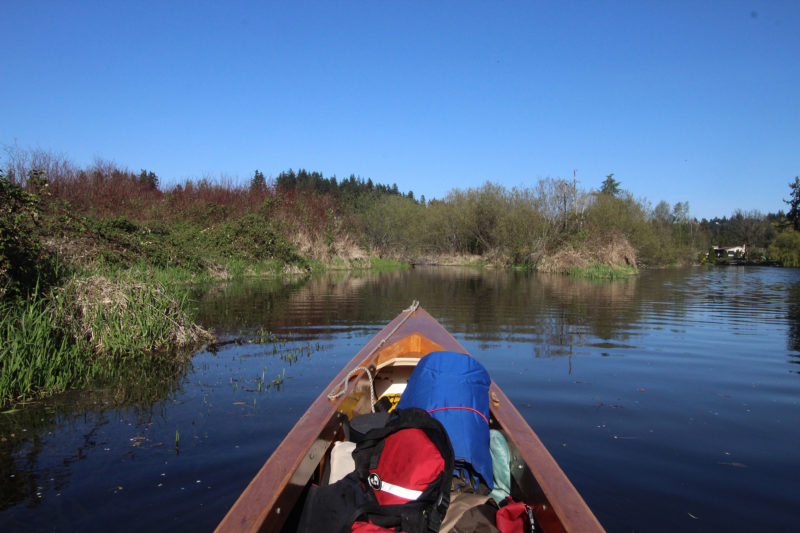
The entrance to the inlet is just off the bow but almost invisible. Under the gear in the bow is a dry bag filled with about 50 lbs of water to keep the bow of the tandem canoe down.
From the ramp I paddled just 3⁄4 mile upstream to a small inlet I’ve passed many times, but never entered. The entrance was only about 15′ wide, and the bight ended just 50 yards in, where it was just wide enough for the canoe. I stepped out onto the bank of spongy marsh grass that compressed almost 1′ as I put my weight on it. If there was solid ground beneath the mat of last year’s now tawny stalks and leaves, I couldn’t feel it. I dragged the canoe out of the water and settled it in the marsh.
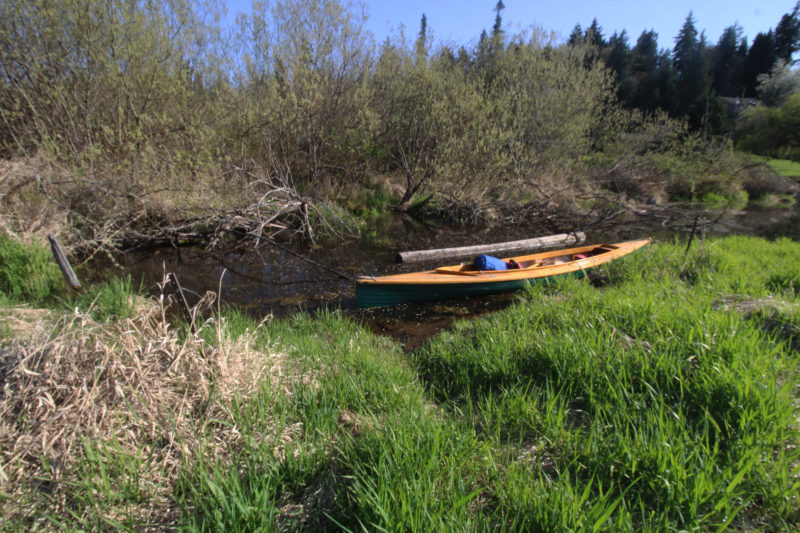
When I arrived, I disturbed a turtle sunning itself on the log behind the canoe. The near bank of the inlet was quite soft and almost sank when I put my weight on it as I stepped ashore.
I cleared the gear from the forward end of the cockpit and rolled my sleeping pad out on the floorboards. I stepped aboard and lay down on my back. The paddling had already lifted me out of the morning’s lethargy, and I was content to look up at a patch of empty sky, only vaguely catching sight of the lacy, leafless treetops at its perimeter. The floaters in my eyes made the vault of blue look like pond water under a microscope that’s not yet in focus. Translucent specks and chains, like jellyfish and algae, drifted back and forth as if washed by waves. After several minutes, I noticed two pepper-black specks among the other varied shapes that weren’t drifting with the same rhythm, but instead were slowly orbiting on opposite sides of a common center between them. As I watched, the specks grew larger, and each became oblong until I realized they were the wings of two eagles. Even before I could make out their heads, their tails flashed white as each curved northward and the sunlight glinted through their tailfeathers. The pair drifted by, some 200′ above the marsh, without a single flap of their wings, crossing the sky from west to east. They passed by the half-moon, chalk white dappled with the ash gray of its dark plains.
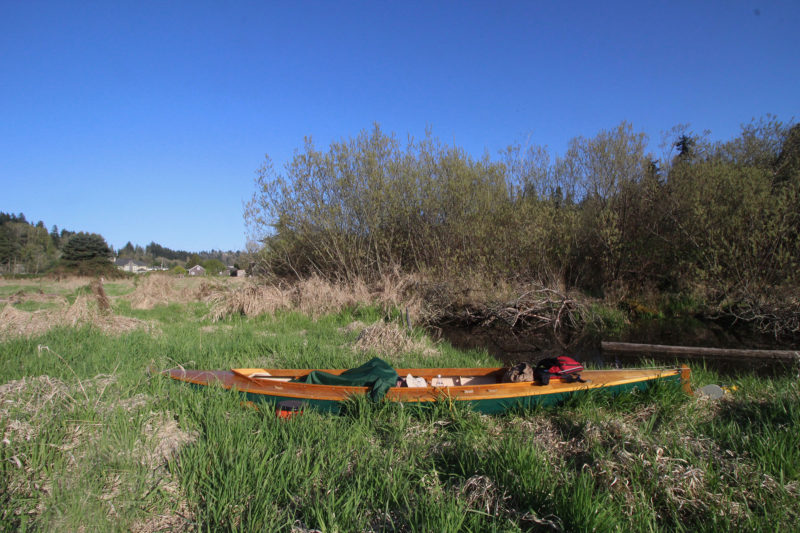
With the forward seat left out of the cockpit, there was plenty of room to stretch out on a sleeping pad. When the sun neared the treetops and the light breeze got cooler, I pulled my green cagoule over me.
A fly raced past directly above me and in my darting glance, all the floaters chased after it. Muscae volitantes is the Latin name for floaters—flying flies.
It was warm in the cockpit where the sunlight slanted into the hull and the breeze crossing the coaming cooled only my forearms as they rested on my chest. Beyond the bow, a stand of birch trees was newly in leaf and the clustered trunks and angled branches were not yet masked. The leaves at the crown, fluttering in the wind, sparkled like lime-green sequins.
I stayed until the sun settled to port into the spindly tops of as-yet-leafless trees a few dozen yards down the slough from the inlet. I stowed my gear, dragged the canoe around to launch bow-first, and stepped aboard to paddle back to the ramp.
In all my outings on the slough, I have been there for some purpose: exploration at first, then regular exercise and occasional blackberry picking, and this time to take a nap. Paddling had awakened me so I could rest without sleeping; I was content just to be present. I had arrived exhausted, opened myself up to experience the slough without purpose, and returned home restored.![]()

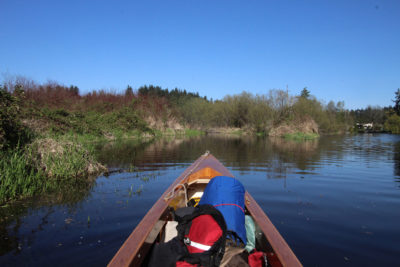
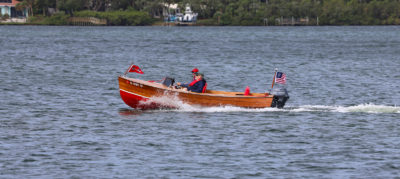
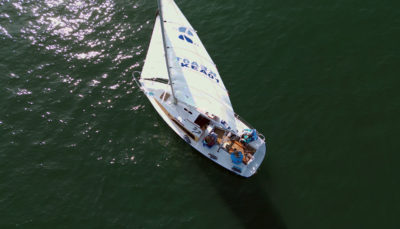
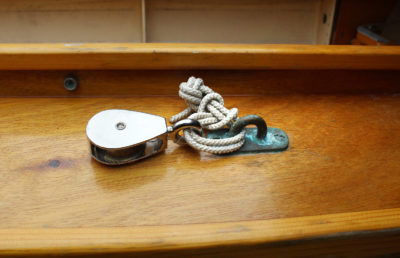
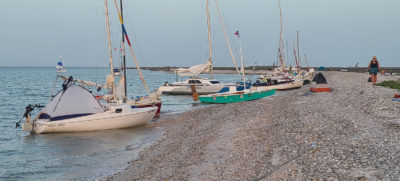
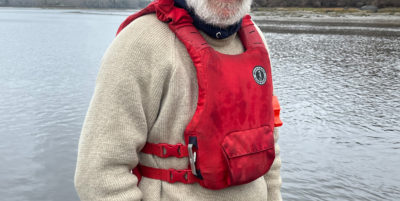
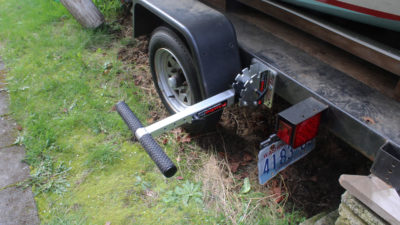
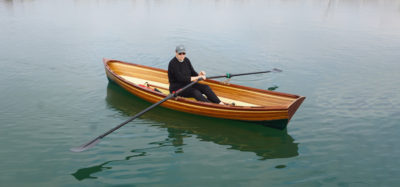
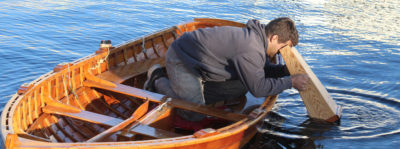

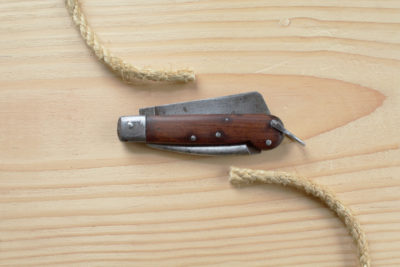

Bliss.
Sounds delightful!
Beautiful descriptive writing.
Sounds like my kind of adventure. The Wishkah River in Aberdeen was a good place for just such a nap.
The Raquette River in Potsdam, NY, does it for me in my CLC Wood Duck 10. Five minutes from the house there are lots of islands and inlets and no power boats.
aaaahhhh… as a kid (a very long time ago) I’d sail our Seaford skiff out on the great South Bay and just let everything go and drift.Watching the clouds drift by was just so peaceful….There is nothing better than doing nothing on a boat…Thanks for bringing back that memory…
Ah, the Art of Doing Nothing, well, is no easy task. Not for the squeamish nor foolhardy. You have captured it here, enchantingly! Well done, sir.
Thanks for the ride, and now that we are back I will get back to my yard work. It is easier going with you than spending the time just getting ready
to go by myself. Thanks again for taking the time.
We so rarely take time to just be.
Thanks for taking that time and for reminding us of the rewards from doing so.
Most enjoyable article.I would like to know more about the canoe used for for the trip as I am much interested in building one like it.
Thanks, Harry. You can read more about the canoe in my editorial “Father’s Day.”
Everybody has a special place where “simply messing about” is the best thing you can do. Do you leave a “wake-up” call request?
Beautiful writing and description, Chris. I can just picture your slough. There’s a Spanish proverb: “How beautiful it is to do nothing and then rest afterwards.”
I grew up on the Hudson River in Stillwater New York, and as a kid I used to row my boat all over the place. When it was too hot, or I got too tired, I would tie my painter to an overhanging tree and take a nap in the shade. If I rowed slowly and quietly, I could sneak up on many different animals along the way. I will never forget the time I was rowing for quite some time without turning around and did not notice a rain squall coming towards me, I wondered, what the heck is that noise? When I did turn around, I saw I was about to be drenched! I laughed out loud. Many years of great memories. I’m 67 now, have been sailing since I was 16, and have a Catalina 22, kept on Saratoga Lake.